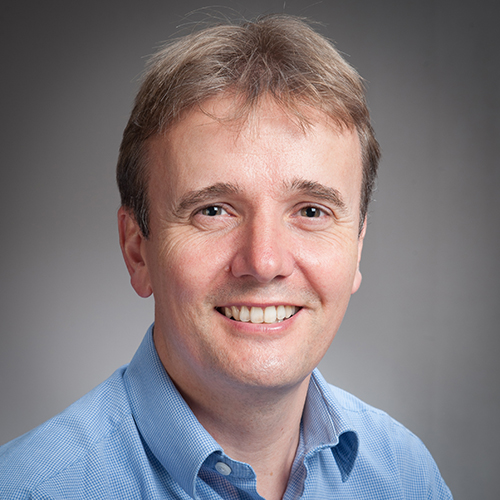Marine Symbiosis and Coral Reef Biology
We research coral reef biology and cnidarian-dinoflagellate symbiosis. Cnidarians include corals and sea anemones, while dinoflagellates are microscopic algae.
Coral reefs are iconic marine habitats supporting immense biodiversity. These complex ecosystems provide essential fish nurseries, protection from coastal erosion and tourism income for many tropical coastal communities. Coral reefs are a living three-dimensional framework and are more complex than they first appear.
Central to coral health is a symbiosis or partnership between the coral host and its intracellular symbionts - photosynthetic dinoflagellates. These dinoflagellates live inside the coral's gastrodermal or gut cells and this intimate partnership provides the trophic and structural foundation of the coral reef ecosystem. A healthy symbiosis is essential to ecosystem functioning and resilience.
The group is led by Professor Simon Davy, and currently consists of two postdoctoral fellows, four PhD students, and two MSc students. Supported by three consecutive grants from New Zealand’s prestigious Marsden Fund (2010-2020), worth a total of nearly NZ$3 million, we have published over 60 journal articles in the last five years, making us one of the most productive coral reef research labs in the world.
Significant recent contributions have included the development of metabolomics and proteomics approaches for the study of the cnidarian-dinoflagellate symbiosis, as well as unravelling of the complex events that allow symbiotic dinoflagellates to circumvent the host coral’s immune system and establish a persistent symbiosis. We have also made major contributions to our understanding of the antioxidant networks in symbiotic dinoflagellates and how these help defend against thermal stress (i.e. ‘bleaching’) associated with global warming. We are now focused on the link between the genetic and physiological diversity of symbiotic dinoflagellates and the potential for reef corals to adapt to climate change.
Prospective Students
Students in the Marine Symbiosis and Coral Reef Biology Research Group (the ‘Davy Lab’) come from a range of countries and backgrounds. Past and present students originate from New Zealand, Austria, Canada, Germany, The Netherlands, Iran, Israel, South Africa, the UK and the USA. These students have strong (typically First Class or Distinction) grades from their Honours and/or Masters degrees, and have previously studied marine biology/ecology, cell biology or both. Graduates of the lab now occupy a range of positions around the world, including as university faculty/lecturers, postdoctoral research fellows, government and NGO advisors, and environmental consultants.
Note that prior knowledge of marine biology is not a prerequisite for working in the lab if you have good cell biology skills, nor should students with a more ecological background hesitate before applying. If you have a strong interest in symbiosis biology and/or coral reef health, strong academic grades, and wish to study towards a postgraduate degree, then please contact Prof. Simon Davy directly below for further information about vacancies and the university’s scholarship scheme.
Contact
Professor of Marine Biology
School of Biological Sciences

